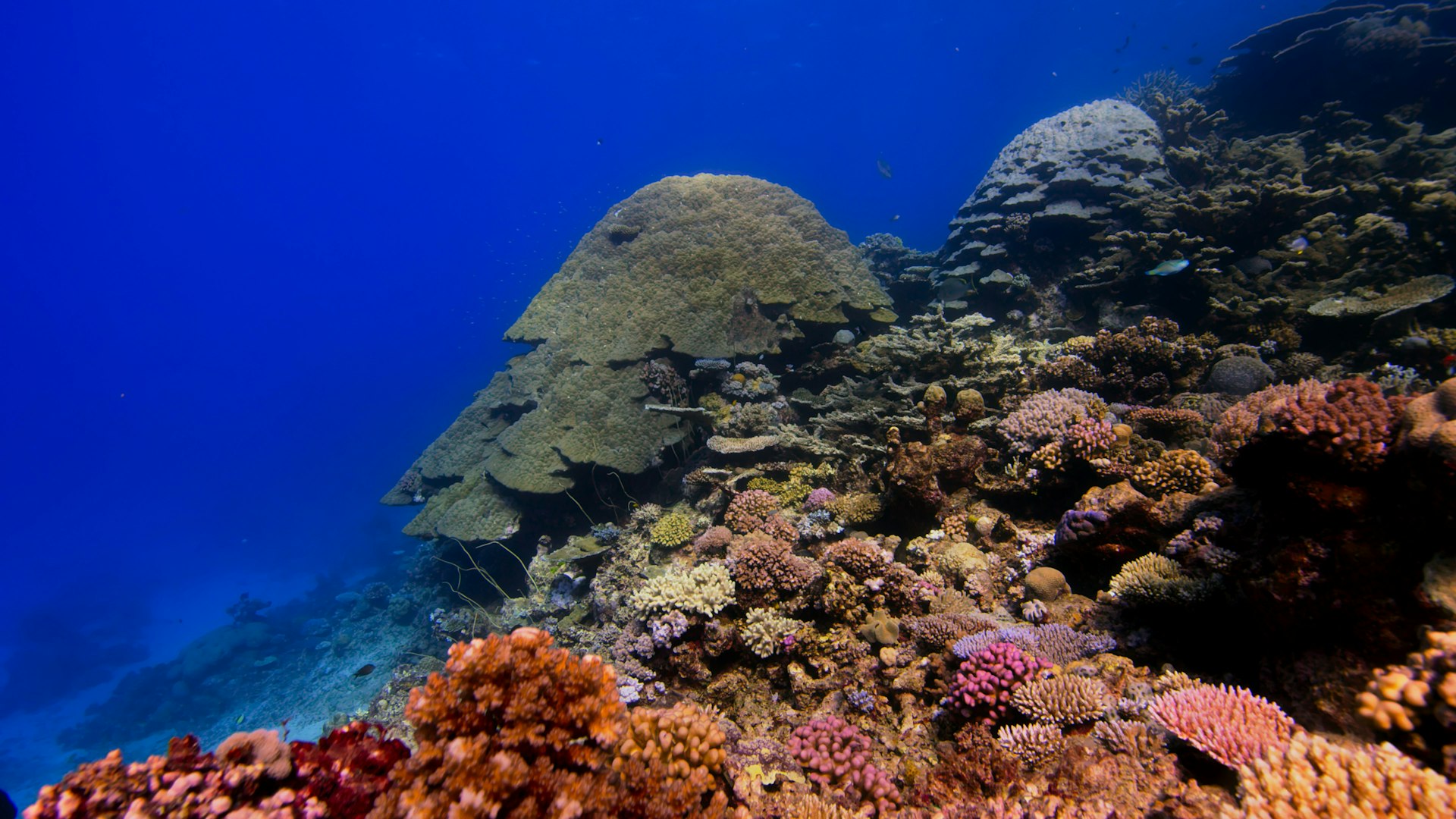Eco Diving & Marine Life Travel: Sustainable Adventures for Ocean Enthusiasts

Photo by Oleksandr Sushko on Unsplash
Introduction: The Rise of Eco Diving and Marine Life Travel
Eco diving and marine life travel represent a growing movement among ocean enthusiasts to explore the world’s underwater wonders while actively protecting fragile marine ecosystems. As awareness of climate change and ocean degradation increases, more travelers are seeking destinations and operators that prioritize sustainability, community involvement, and conservation. This approach benefits not only the environment but also enhances the quality and authenticity of the travel experience. In this article, we examine the principles of eco diving, profile top destinations, and provide clear, actionable guidance for travelers who wish to make a positive impact on the oceans they explore.
What is Eco Diving? Principles and Practices
Eco diving is a form of underwater exploration that emphasizes minimal environmental impact, active conservation, and education. Divers and operators committed to eco-friendly practices typically:
- Adhere strictly to local conservation laws and marine protected area rules.
- Limit group sizes to reduce stress on reefs and wildlife.
- Educate guests about marine conservation, responsible interaction with wildlife, and the importance of coral reef ecosystems.
- Participate in or fund conservation projects, such as coral restoration, marine debris clean-ups, and local research initiatives.
- Reduce or eliminate single-use plastics, use biodegradable products, and promote sustainable seafood choices.
By following these principles, eco divers help preserve biodiversity and ensure that the underwater world remains vibrant for future generations. Leading eco dive resorts frequently engage in local community outreach, supporting both environmental protection and local livelihoods. For example, the Misool Eco Resort in Indonesia funds the Misool Foundation, which manages conservation and education projects to protect local reefs [1] .
Top Sustainable Dive Destinations Around the World
Choosing the right destination is crucial for responsible marine life travel. Several locations have established themselves as models for sustainable diving and marine conservation. Here are some of the most notable:
1. Wakatobi and Raja Ampat, Indonesia
Indonesia’s Wakatobi Dive Resort and Raja Ampat are renowned for their biodiversity and conservation efforts. Wakatobi collaborates with local communities to manage and protect marine resources, while Raja Ampat’s extensive coral reefs host more than 1,300 fish species. These areas offer travelers a chance to participate in citizen science, reef monitoring, and local educational programs [1] [3] .

Photo by NEOM on Unsplash
2. Palau, Micronesia
Palau is a global leader in marine conservation, having established the world’s first shark sanctuary and the expansive Palau National Marine Sanctuary, which protects over 80% of its waters. Divers here can expect pristine coral reefs, abundant marine life, and opportunities to join local conservation initiatives. Visitors are required to sign the Palau Pledge, committing to responsible travel behaviors [2] .
3. Galápagos Islands, Ecuador
The Galápagos offer a unique underwater experience, with endemic species such as marine iguanas and Galápagos sharks. Strict regulations limit diver numbers and operator activities, ensuring the long-term health of the marine reserve. Participating in guided eco tours supports ongoing research and conservation [3] .
4. Cozumel, Mexico
Cozumel’s Reefs National Marine Park is home to part of the world’s second-largest barrier reef. Conservation measures such as dive quotas, bans on certain chemicals, and active reef monitoring have preserved its spectacular biodiversity. Divers can observe hundreds of coral and fish species while supporting local eco-friendly operators [5] .
5. Maldives
Resorts such as Six Senses Laamu in the Maldives operate within marine protected areas and support large-scale conservation initiatives. Guests can join marine biologists for coral planting, turtle monitoring, and educational workshops, making each trip both meaningful and memorable [1] .
How to Travel Responsibly: Step-by-Step Guidance
If you want to ensure your diving adventures are eco-friendly and support marine conservation, follow these steps:
- Research destinations and operators that prioritize sustainability. Look for certifications such as Green Fins, PADI Eco Center, or direct involvement in conservation projects.
- Contact dive centers and resorts to ask about their environmental policies, waste management practices, and how they involve guests in conservation.
- Pack reef-safe sunscreen, reusable water bottles, and eco-friendly toiletries to reduce your environmental footprint.
- During dives, maintain excellent buoyancy control, never touch marine life or coral, and avoid collecting souvenirs from the ocean.
- Participate in local conservation activities such as reef monitoring, beach cleanups, or citizen science projects when available.
- Support community-based tourism by choosing locally owned businesses and respecting cultural and environmental guidelines.
Finding eco-friendly dive operators can be as simple as searching for “eco dive center” plus your destination, or visiting official tourism boards for lists of certified sustainable providers. You may also reach out to established non-profits in marine conservation for recommendations.
Challenges and Solutions in Eco Diving
Despite its benefits, eco diving faces obstacles such as greenwashing (false sustainability claims), limited local regulations, and the challenge of balancing tourism with conservation. Travelers should be aware of these pitfalls and take proactive steps:
- Verify sustainability claims by asking for evidence of certifications or conservation results.
- Choose destinations that limit diver numbers and enforce strict environmental standards.
- Stay informed about seasonal closures or protected zones to avoid disturbing sensitive habitats.
In regions where regulations are less robust, consider supporting international organizations or grassroots initiatives working to improve marine management and education. If you encounter questionable practices, report them to local authorities or relevant environmental groups.
Alternative Approaches and Expanding Your Impact
Beyond traditional scuba diving, there are alternative ways to engage in marine life travel sustainably:
- Snorkeling in protected areas, which can offer rich wildlife encounters with less impact on delicate reefs.
- Volunteering with marine conservation projects, such as turtle monitoring or coral nursery programs.
- Participating in educational eco cruises or liveaboard expeditions with a conservation focus.
Many travelers find that combining diving with community-based tourism-such as cultural tours, sustainable fishing experiences, or environmental workshops-deepens their connection to the destination and its people.
Planning Your Eco Diving Trip: What to Expect and How to Prepare
Costs for eco diving trips typically vary based on destination, length of stay, and level of involvement in conservation activities. Expect to pay a premium for certified sustainable resorts and for personalized experiences with marine biologists or conservationists. However, many regions offer budget-friendly options, especially when travelers support local, community-run dive centers. For up-to-date pricing and availability, contact eco dive operators directly or consult tourism boards for official listings.
If you need guidance on booking, you can:
- Search for official tourism websites for your chosen destination using terms like “marine conservation,” “eco diving,” or “sustainable travel.”
- Contact marine conservation NGOs for operator recommendations and travel tips.
- Use travel forums and review sites to read recent, verified experiences from other eco divers.
Remember to check entry requirements, health and safety advisories, and marine park regulations before booking. If you need further assistance, consider reaching out to local tourism agencies or established dive associations for up-to-date advice.
Conclusion: Making a Positive Impact Through Eco Diving
Eco diving and marine life travel offer the unique opportunity to witness the ocean’s greatest wonders while ensuring their protection for generations to come. By making informed choices, supporting conservation, and traveling responsibly, you can help safeguard the planet’s most precious underwater habitats. Start your journey by researching sustainable destinations, preparing thoughtfully, and seeking out operators that share your commitment to the ocean’s future.
References
- Skratch (2023). Eco Diving: Top Destinations to Visit for a Sustainable Dive.
- Nemo Diving Center (2024). Top 10 Sustainable Dive Destinations Around the World.
- Divecenter.com (2024). The Top 5 Dive Destinations for Marine Biodiversity.
- Abyss Scuba Diving (2023). 10 Stunning and Eco-friendly Diving Destinations.
MORE FROM dealresult.com













